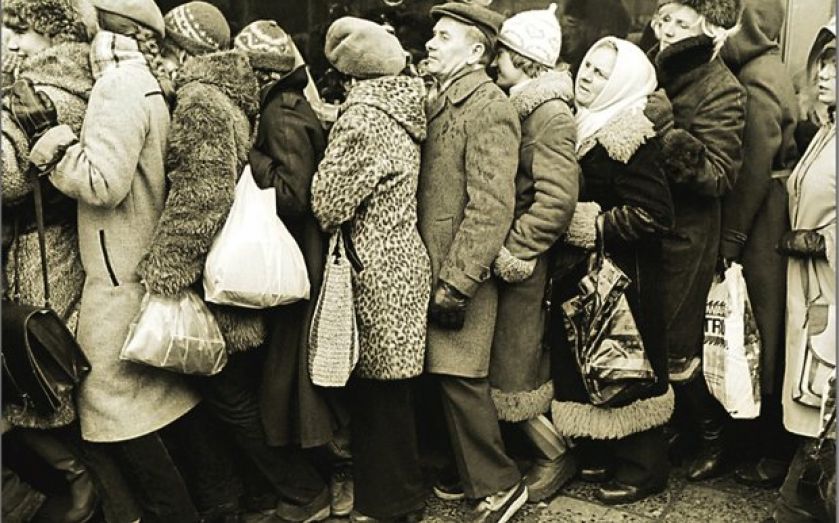Forget free market selfishness: It’s socialism that turns us into liars and cheats

Markets make people better. Not many people seem to think so these days, but the idea got a boost from a recent piece of research by Dan Ariely and others, which compared moral behaviour in Germans brought up in East and West Germany.
The team found that those with an East German background cheated twice as much as those raised in the capitalist West. The East Germans regularly lied about their success on a task throwing dice. Older subjects, with more experience of life under socialism, cheated the most. Those who had lived for 20 years or more under socialism were 65 per cent more likely to cheat than West Germans. This supported earlier work showing East Germans approved far more of cheating on taxes, although that criminal propensity appeared to be eliminated after seven years of reunification.
As the authors note, there could be other causes for the effect, such as the impact of greater poverty. But they finger socialism as the likely culprit. That makes sense. Life behind the iron curtain was, after all, marked by total surveillance and state-imposed scarcity: powerful incentives for the cultivation of theft and deceit.
The board game Kolejka (in English, Queue) recreates the historical experience of going shopping in communist Poland, complete with black market dealings, lying and favouritism. The most famous literary exploration of the moral corruption of life under Big Brother is, of course, George Orwell’s 1984. And Adam Smith observed in his Lectures on Jurisprudence that “Where people seldom deal with one another, we find that they are somewhat disposed to cheat, because they can gain more by a smart trick than they can lose by the injury which it does their character”.
By contrast, the central idea of a market economy is that people can become rich by serving the needs of others. Shopping itself, when studied in the wild, reveals itself not as an encouragement to selfishness and vapidity, but as just one of the many market processes in which we work to deepen our relationships. The anthropologist Daniel Miller studied shoppers in north London and found purchases “are the means for creating the relationships of love between subjects rather than some kind of materialistic dead end which takes devotion away from its proper subject – other persons.” On the other hand, a young Ukrainian woman once reminisced to me how as a dedicated Young Pioneer (a sort of Leninist scouting troop that existed until 1991) she got bought the picture book of Uncle Stalin she wanted by threatening to expose her parents as insufficiently ideological.
Yet today the opposite view holds force. Perhaps because tales of corporate misdeeds make good headlines and the usual run of corporate life gets readily forgotten. We have forgotten the idea, popular in the seventeenth century, of doux commerce – commerce as a sweetener of human behaviour. It needs to be remembered. As Hugh of St Victor wrote in 1125, commerce “commutes the private good of individuals to the common benefit of all”.